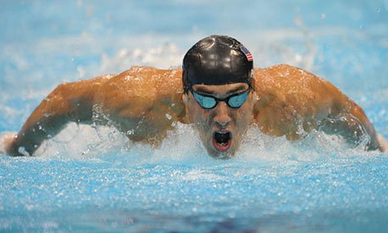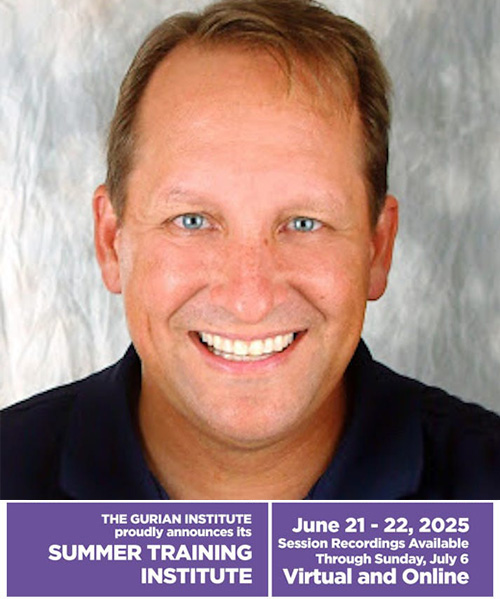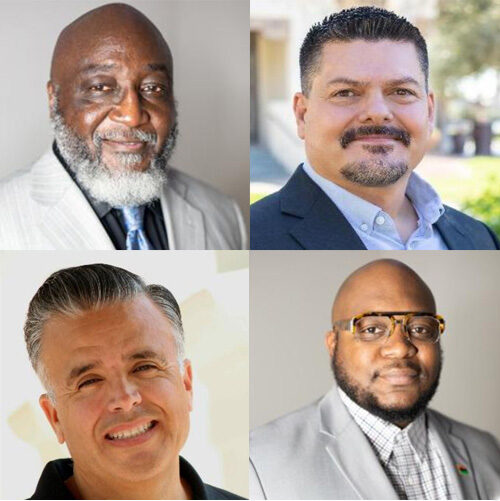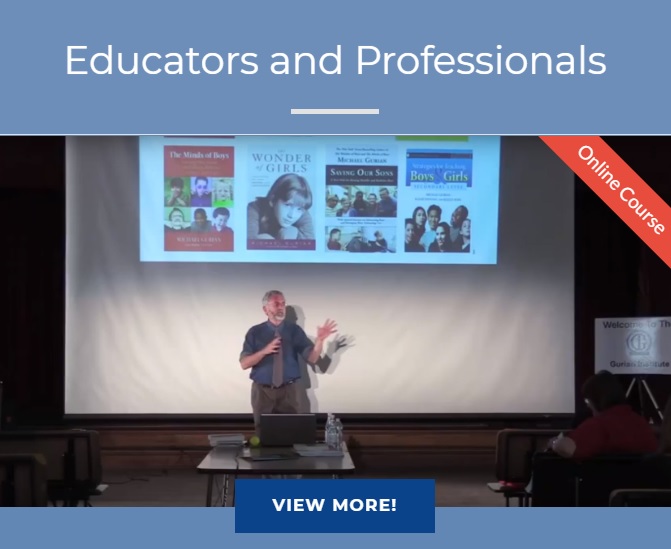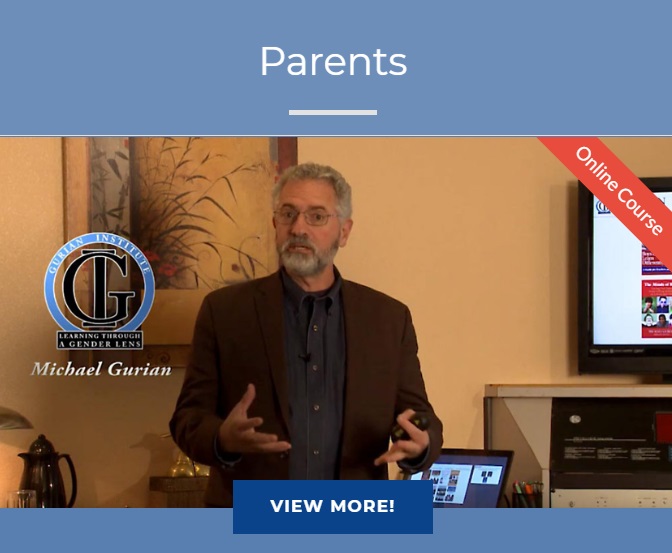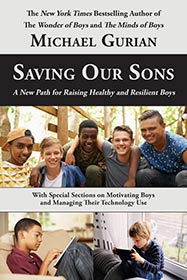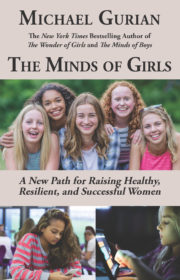Last night as I watched Michael Phelps and his relay team bring home his last gold, it was awesome to see the energy and camaraderie of the team, and the joking of the younger swimmers try to con him to stay on for 4 more years.
His medal count is unmatched.
His status, unheralded.
As I watched, it got me thinking about what got these athletes here and how “normal” they really are. They definitely seem superhuman. Their talents unbridled.
But as I heard their stories of struggle along with the glory, a great opportunity today arose for me to talk to my kids about how awesome their struggles and failures could be as I mold and shape my daughters into capable young women.
From the Syrian refugee that further developed her life skills by literally swimming for her life as her boat capsized in the Aegean Sea fleeing her war torn country, to Simone Biles coming out of the foster care system after being placed there with her sister by an mother addicted to drugs and alcohol, there is a sense of what real human capital means.
Even our most decorated Michael Phelps, had a dark period that included suicidal thoughts and excessive drinking to numb his demons. Most of us knew little of this story until he was interviewed about how he paved the road to Rio.
They all have incredible stories that exemplify the one character trait that is the most important for our kids to know and cultivate.
Resilience.
The ability to get up just like Mo Farah did last night when he tumbled in the 10,000m run. (Not only did he get up, he came from behind to win against two of the fastest men in the world.)
Resiliency includes the ability to recognize that you can’t do it alone, as Michael Phelps pointed out.
Michael was raised mainly by his mother and alluded how angry he was at his father for leaving. Yet, he was able to learn from that experience and eventually semi-mend that bridge.
Resiliency is also the ability to have to take matters into your own hands at times. Yursa Mardini did this when she was faced with sinking in the middle of the sea with her sister and 20 others whose lives she saved. She towed the boat line around herself for more than 3.5 hours.
And even as successful as Simone Biles has been under the care of her grandparents, (who yes indeed are her parents), her admission that it’s still tough to have gone through that journey is crystal clear.
These skills cannot be taught without opportunities to fail, to fall down, and to have questions that literally have no answers. If we shield kids from making fantastically horrible mistakes under our roofs, including our schools, then we have stopped resiliency training dead in its tracks.
Our tendency as parents and educators is to intervene, and often. We need to give children opportunities and time to make mistakes, to suffer for those mistakes, and to learn from them as they grow through them. A teacher during one of our trainings this week told me the reason she left the public middle school teaching environment was because the parents were constantly intervening and asking her to “fix” conflictual situations that occurred in her class or social situations she became aware of. She felt defeated, exhausted, and outnumbered as she struggled to deliver content while managing the dozens of conflicts typical teens have.
My standard response to the parents seeking for teachers to fix things is and will always be, “We need to seek to support, guide, and bolster their confidence alongside of them, but the real key to allowing them to get through what many term “fantastically horrible and messy”, is to allow them to begin to hear their own voice while teaching them how to maintain their dignity. If we constantly save them, they will never grow into themselves.” This puts the onus where it belongs–in the student’s hands, using their own voice to speak their truth. Of course we stand near them, and listen, actively, support them as they work through that process but the locust of control as Dr. Gurian points out comes from within them–not our plan for them, or what our own experiences have done to shape us.
It’s been nice this month focusing on what’s going right in our country with the distraction that the Olympics have brought. It almost made me forget the yucky stuff.
But ironically, the yucky stuff is what brought these super humans to the center stage.
Don’t forget that when your kids are struggling and muddling their way through childhood and adolescence.
Just like the Michael Phelps’ Under Armour commercial says “What happens in the dark, brings you into the light”
In their own way.
On their own timeline.
As for the divers from the Philippines, you go boys. That right there is resiliency to the max. They get a 10++ from me!
Blog post written by Gurian Executive Director, Katey McPherson. Questions? Don’t hesitate to email her at katey@gurianinstitute.com



